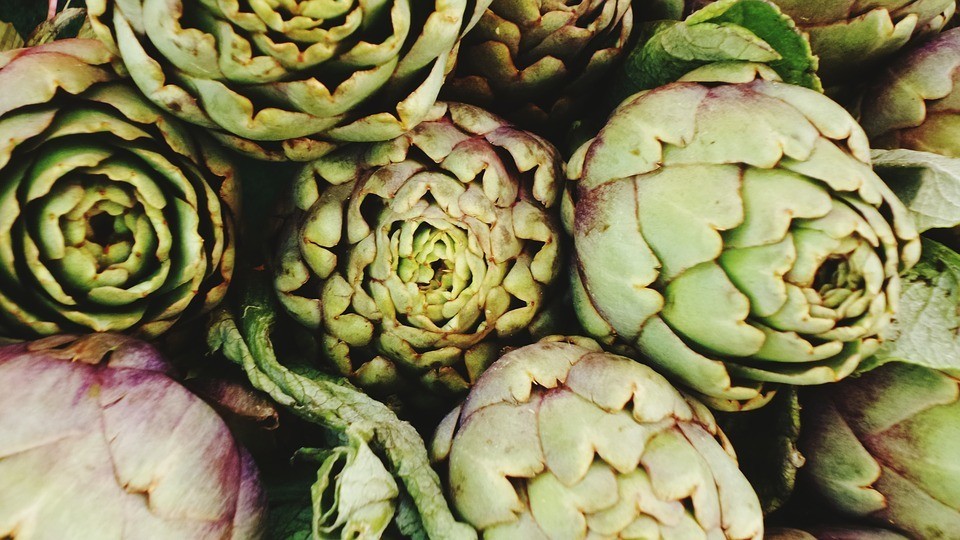Best Prebiotic Probiotic Supplements
Best Prebiotic Probiotic Supplements
Probiotic supplements with an added boost of prebiotics may be a great choice for people looking for a more potent supplement. Apart from a selection of different probiotic strains, these supplements contain prebiotics, such as bacteriophages or non-digestible fiber and carbohydrates.
Prebiotics boost probiotic growth enabling friendly bacteria to colonize your gut faster and more efficiently. In this article, I’ll share my list of the best prebiotic probiotic supplements and I’ll give you the most important information about prebiotics to help you make the best choices for your health.
NatureWise Daily Care Time-Release Probiotics
NatureWise Daily Care Time-Release Probiotics contain 10 billion CFU of 30 different strains of probiotics. What makes this supplement stand out is its time release technology which ensures that more live probiotics will survive the journey through your digestive tract to colonize it so you can enjoy all the health benefits they bring.
One capsule will be slowly releasing probiotics to your intestines during a period of 10 hours, protecting them from being destroyed by stomach acids.
Pros:
- High number of probiotics strains, each of them supporting your health in a different way
- Time release technology
- This supplement is viable till the expiration date, meaning that the probiotic cultures are guaranteed to be alive when you ingest them until best before date.
- It also contains prebiotics called fructooligosaccharides to feed probiotics and boost their growth in your intestines. A 2017 study found that carbohydrate prebiotics, such as fructooligosaccharides, improve the adhesion of Lactobacillus bacteria strains to intestinal cells, promoting effective and lasting colonization of the intestines by probiotics.
- It doesn’t require refrigeration, so it can be sold without a cold pack, but it’s best to store it in a fridge to increase its longevity.
Cons:
- The tablets may be hard to swallow
- The high number of probiotic strains may increase the risk of side effects such as diarrhea or bloating
Probiotic Strains: E. faecium, L. casei, L. fermentum, L. plantarum, L. reuteri, L. lactis, B. lactis, L. paracasei, B. bifidum, B. breve, B. infantis, L. salivarius, B. longum, L. acidophilus, L. brevis, L. gasseri, L. helveticus, L. plantarum , L. rhamnosus, S. thermopilus, L. sakei, L. salivarius, P. acidilactici, S. thermophilus
Prebiotics: Fructooligosaccharides
Order NatureWise Probiotics Today
Naturo Sciences Probiotics 15
Naturo Sciences Probiotics 15 come with 60 capsules. Each capsule contains 6 probiotic strains with 15 billion CFU Count.
Pros:
- No need for refrigeration
- This supplement is shelf stable which guarantees that the probiotic cultures will be alive until the expiration date
- Capsules are small which makes them easy to ingest
- It contains a prebiotic called Chicory inulin.
Cons:
- It can occasionally cause bloating and constipation
Probiotic Strains: Lactobacillus acidophilus, Bifidobacterium lactis, Lactobacillus plantarum, Lactobacillus gasseri, Bifidobacterium longum, Bifidobacterium bifidum
Prebiotics: Chicory inulin
Order Naturo Sciences Probiotics Today
Bio Schwartz Advanced Strength Probiotic
Bio Schwartz Advanced Strength Probiotic contains 4 probiotic strains with 40 billion CFU count. It offers a stomach acid protection system to make sure that your probiotics reach your intestines alive.
Pros:
- The probiotics are guaranteed to be alive throughout the expiration date
- No need for refrigeration
- Potent supplement with a high CFU count
- Contains prebiotics to boost the probiotic growth
Cons:
- Due to high potency, it can occasionally cause digestive issues
Probiotic Strains: Lactobacillus acidophilus, Lactobacillus Paracasei, Bifidobacterium lactis, Lactobacillus plantarum.
Prebiotics: Fructooligosaccharides
What are the Health Benefits of Prebiotics?
- They relieve constipation
- They improve calcium absorption helping to treat and prevent osteoporosis
- Research suggests that they may prevent some types of cancer
- They prevent gastroenteritis and relieve IBS symptoms
- They reduce triacylglycerol levels, helping improve your cardiovascular health
What are the Best Natural Sources of Prebiotics?
Non-digestible fibers and carbohydrates occur naturally in our diet. As long as you consume a varied diet, full of fruit and vegetables, you can be sure you’re getting enough prebiotics. The best sources of probiotics are:
- chicory root
- garlic
- leek
- dandelion greens
- artichoke
- onion
- asparagus
- wheat bran
- what flour
- banana

Are Prebiotics Safe?
Prebiotics are considered safe and they don’t interact with medications. However, if taken in large doses they may cause such side effects as gases, bloating, diarrhea and reflux. Probiotic supplements with prebiotics don’t contain enough prebiotics to cause any side effects.
Conclusion
Ingesting probiotic supplements combined with probiotics may be very beneficial, especially to people who don’t eat prebiotic-rich foods such as garlic, onions, and leeks.
Prebiotics will boost the growth of probiotics so you can enjoy all health benefits that they offer. By ingesting prebiotics together with probiotics, you give healthy bacteria a better resilience and strength.
Order NatureWise Probiotics Today
In order to avoid any potential side effects that probiotic supplements may cause, start with a supplement with a lower CFU count to slowly accustom your body to receiving more and more probiotic cultures.
What’s your favorite probiotic supplement with prebiotics? I’d love to hear about your experiences. Please share your comments and questions in the comment section below.



